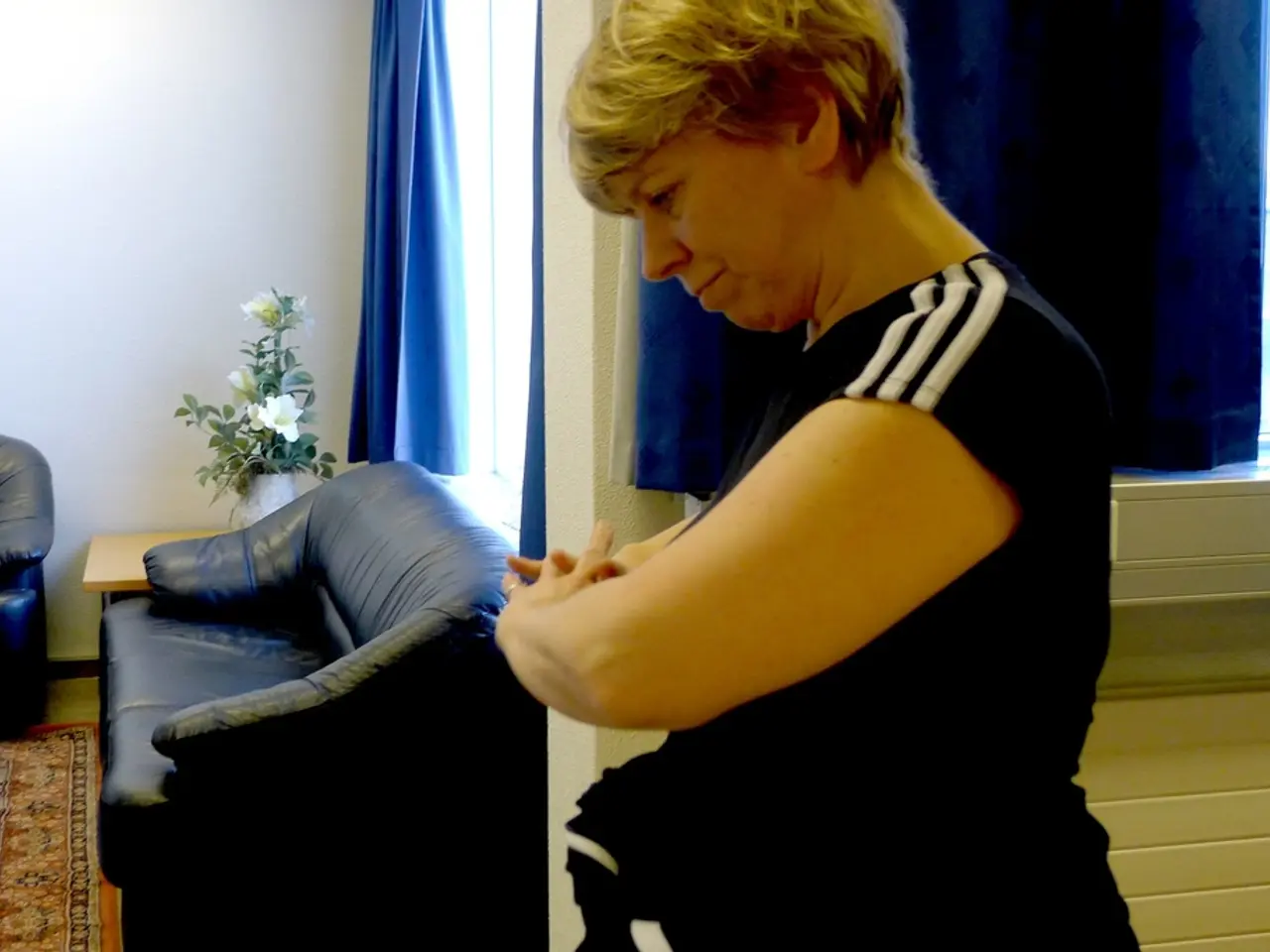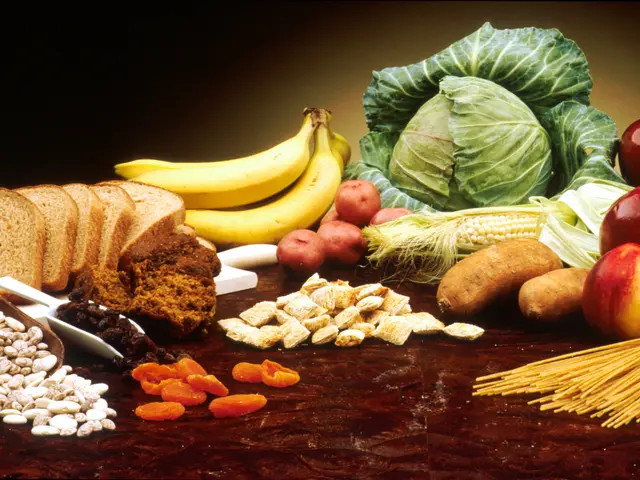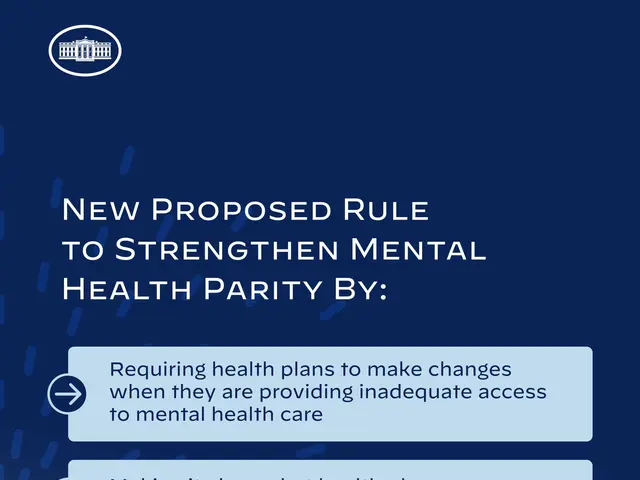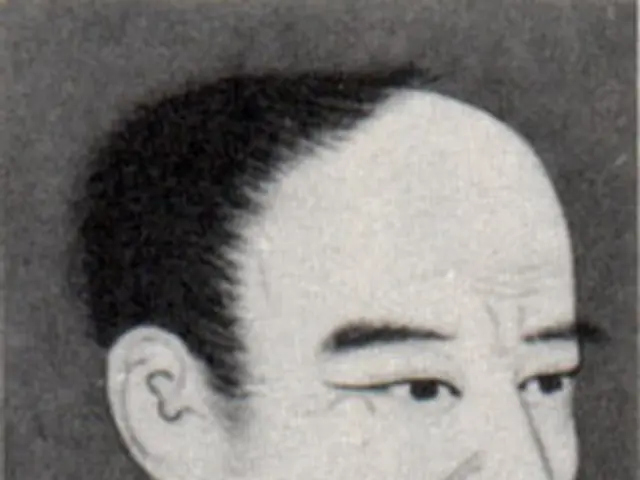Medical Challenges Encountered by Women Post-50 Years of Age
Health Challenges Facing Women Over 50: A Comprehensive Look
As women age, they may encounter a variety of health concerns that require special attention. Understanding these issues is crucial in tailoring healthcare strategies to individual needs.
Common Health Problems
Women over 50 commonly face health problems such as high blood pressure, high cholesterol, hormone imbalances (including menopause symptoms), osteoporosis, diabetes, and recurrent urinary tract infections (UTIs). These issues arise due to aging, hormonal changes, lifestyle factors, and chronic disease risk factors.
Key Health Problems, Causes, and Solutions
| Health Problem | Causes | Solutions | |------------------------------|------------------------------------------------------------------------|--------------------------------------------------------------------------------------------------------------| | High blood pressure (Hypertension) | Stiffening of arteries with age, lifestyle factors (obesity, salt intake, stress). | Maintain healthy weight, reduce salt/alcohol, exercise regularly, manage stress, monitor blood pressure. | | High cholesterol | Excess bad fats clog arteries, often influenced by diet and metabolism. | Abstain from smoking and excessive alcohol, healthy diet low in saturated/trans fats, daily physical activity. | | Hormone imbalances & Menopause symptoms (hot flashes, mood swings, vaginal dryness, headaches, decreased libido) | Natural decline in estrogen, progesterone, testosterone; fluctuating hormone levels during perimenopause. | Hormone replacement therapy (HRT), lifestyle changes (diet, exercise), managing stress, symptom-specific treatments. | | Osteoporosis | Decreased estrogen reduces bone density, increasing fracture risk. | Calcium and vitamin D intake, weight-bearing exercises, medications if prescribed. | | Diabetes / Insulin resistance | Age-related metabolic slowdowns and insulin resistance. | Healthy diet, regular exercise, blood glucose monitoring, medications if necessary. | | Recurrent UTIs | Vaginal tissue thinning from low estrogen, increased susceptibility. | Use of probiotics, cranberry juice, good hygiene, topical estrogen therapy if recommended. | | Other symptoms: fatigue, weight gain, cognitive changes, muscle weakness | Hormonal declines (testosterone, cortisol, oxytocin), lifestyle factors, chronic stress. | Balanced diet, exercise, hormone level evaluation, stress management, medical interventions where needed. |
Preventive Measures
Preventive measures focusing on lifestyle such as balanced nutrition, physical activity, routine screenings, adequate sleep, and stress reduction are key to managing or mitigating many of these problems.
Hormone-Related Symptoms
For hormone-related symptoms, consultation with healthcare providers about hormone replacement therapy or other targeted treatments can improve quality of life and reduce risks associated with estrogen deficiency.
Importance of Regular Check-ups
Women over 50 should consult a healthcare professional if there's a noticeable change in overall health or energy levels, if menopausal symptoms are impacting daily life, if any unusual signs or symptoms, such as persistent pain, lumps, or changes in bowel habits, are observed, or if regular screenings and check-ups are overdue.
Additional Findings
In a study by researchers from Sri Guru Ram Das University of Health Sciences in Amritsar, Punjab, India, it was found that 78.65% of elderly women in rural Karnataka suffer from hypertension. Another study conducted by Audinarayana in Tamil Nadu revealed that elderly women faced higher rates of chronic health problems compared to men of the same age. Diabetes affected about 66.29% of these elderly women, and 73.03% of them have osteoarthritis. Cataracts were a problem for 65.16% of the elderly women.
Conclusion
Addressing these chronic and age-related conditions proactively with a combination of lifestyle, medical care, and symptom management strategies can help women over 50 maintain optimal health and function. Hormone replacement therapy can provide relief for women over 50 experiencing severe symptoms of menopause, but it's essential to consult a healthcare professional to assess the risks and benefits based on individual health conditions.
- A healthy lifestyle, including balanced nutrition, regular exercise, and stress reduction, can be instrumental in managing or mitigating many health problems that women over 50 commonly face.
- Mental health is equally important, and therapies and treatments can help improve the quality of life for women dealing with hormone-related symptoms and other mental health issues associated with aging.
- Besides a healthy lifestyle, regular check-ups are critical to catch health problems early and evaluate the need for treatments, such as hormone replacement therapy for menopause symptoms.
- It's important to note that some research suggests that women over 50, particularly in rural areas, may experience higher rates of chronic health problems, including hypertension, diabetes, osteoarthritis, and cataracts, highlighting the need for preventive care and early detection strategies in these communities.




